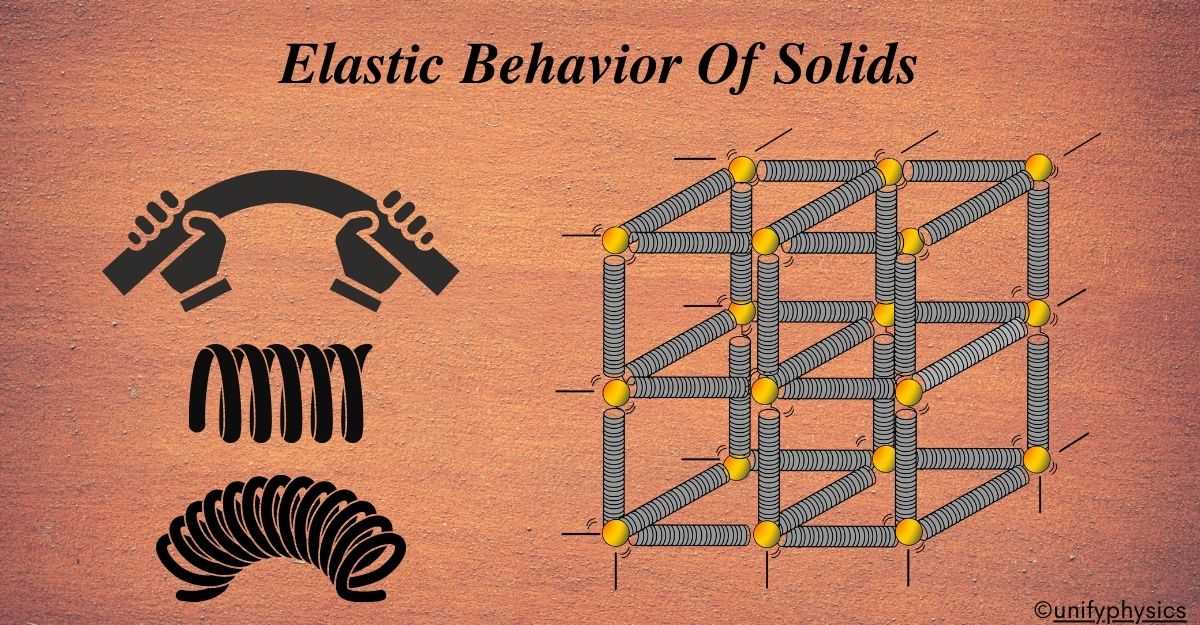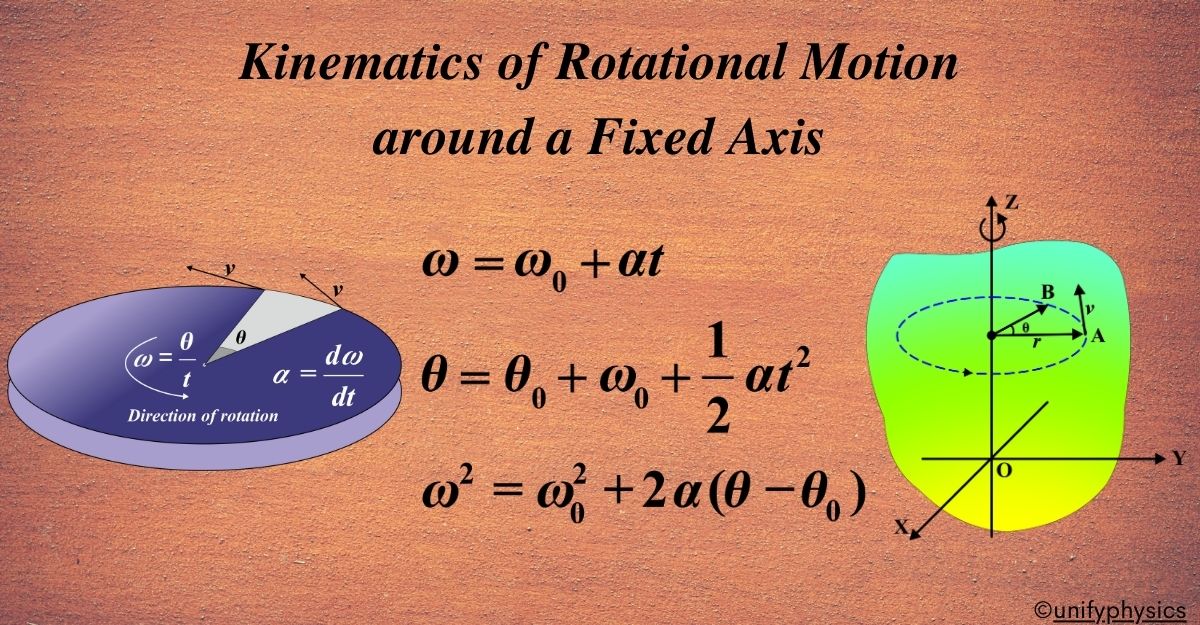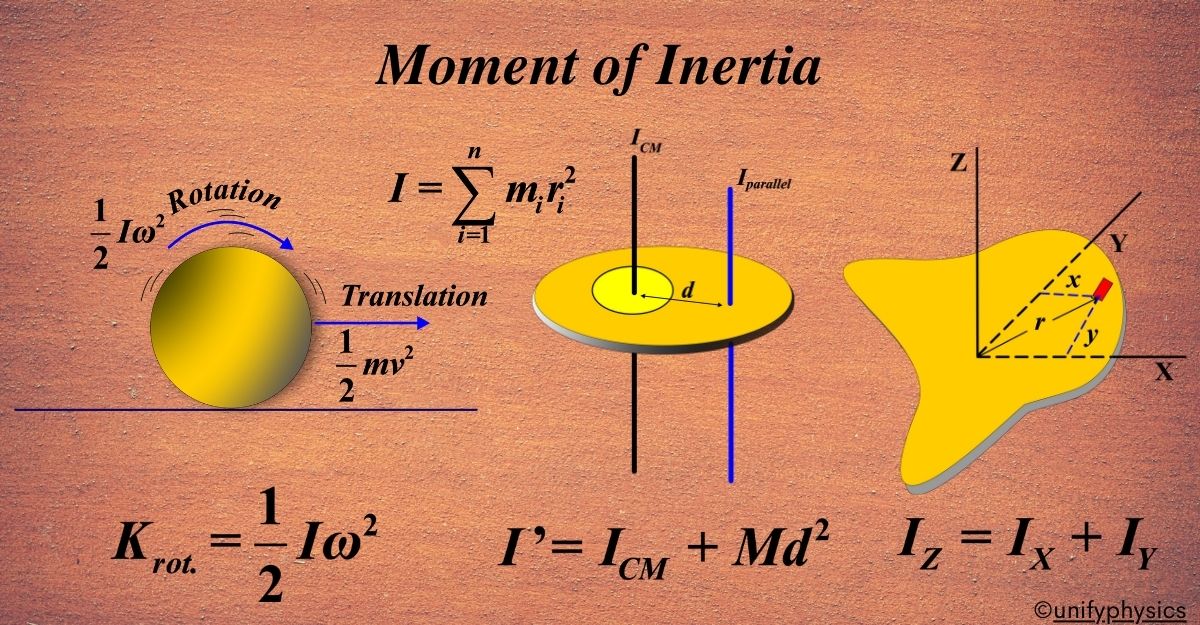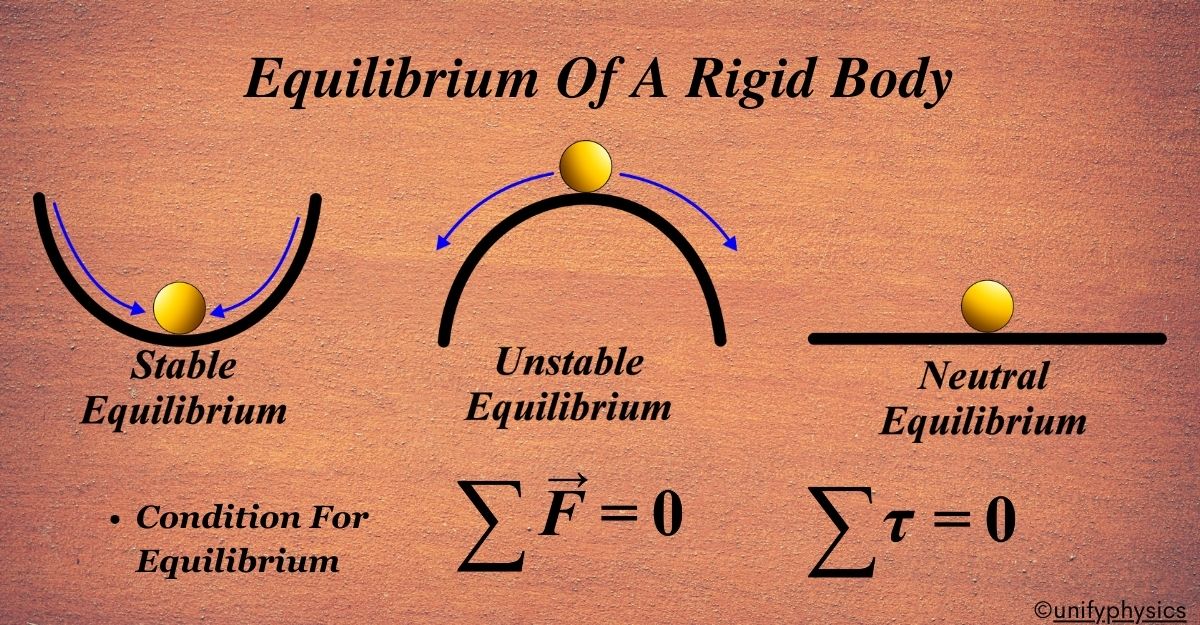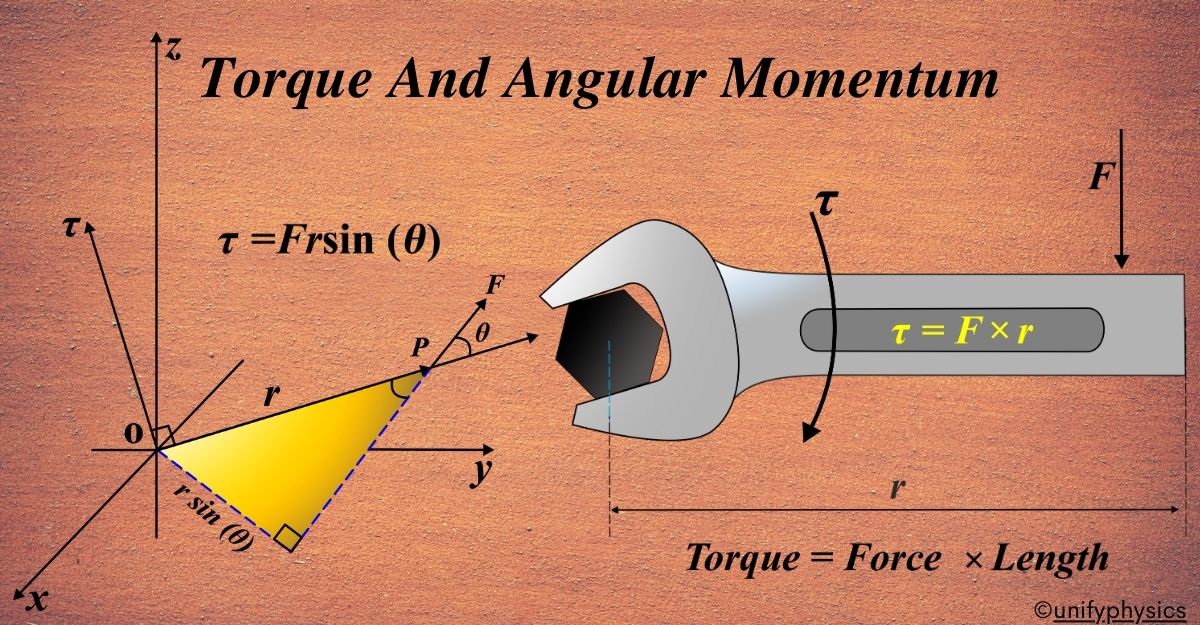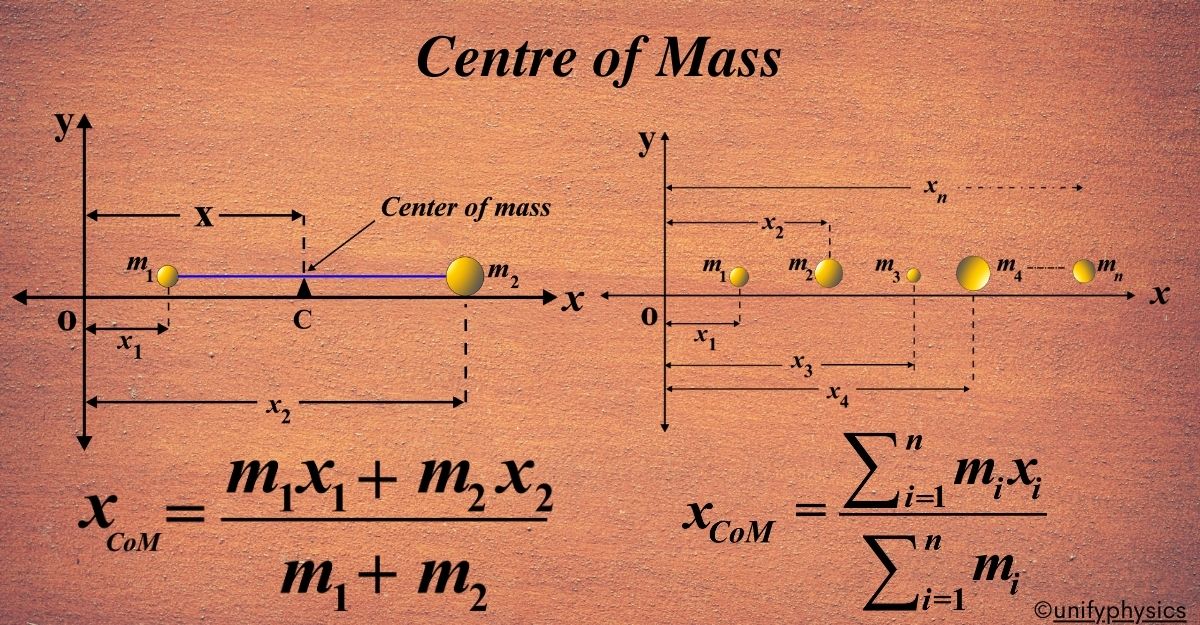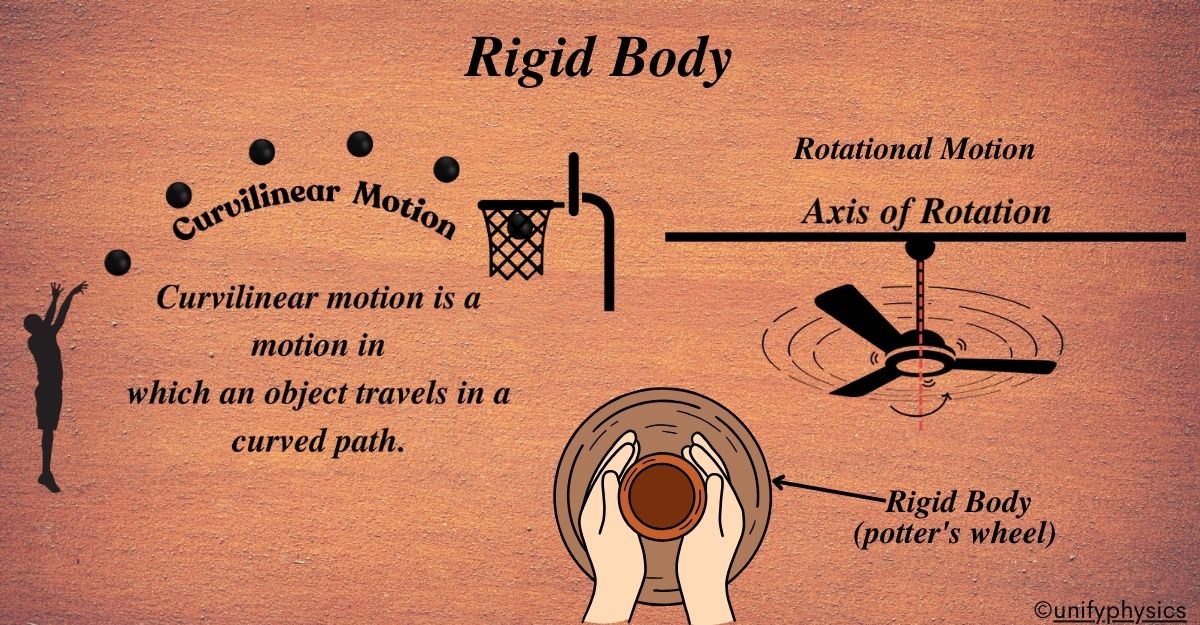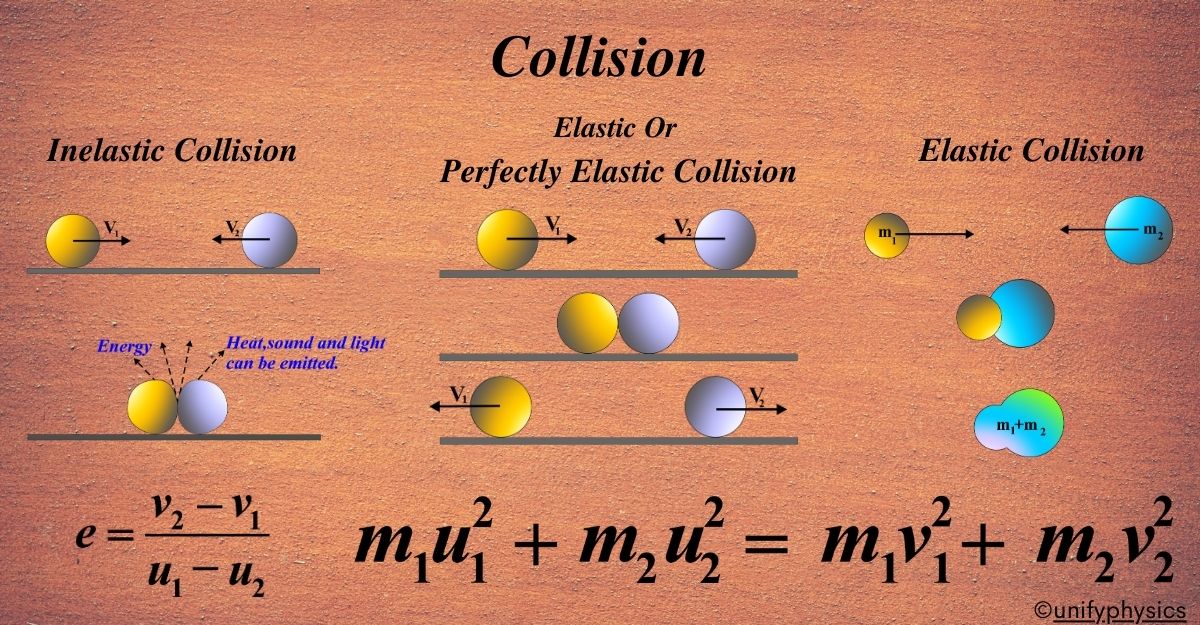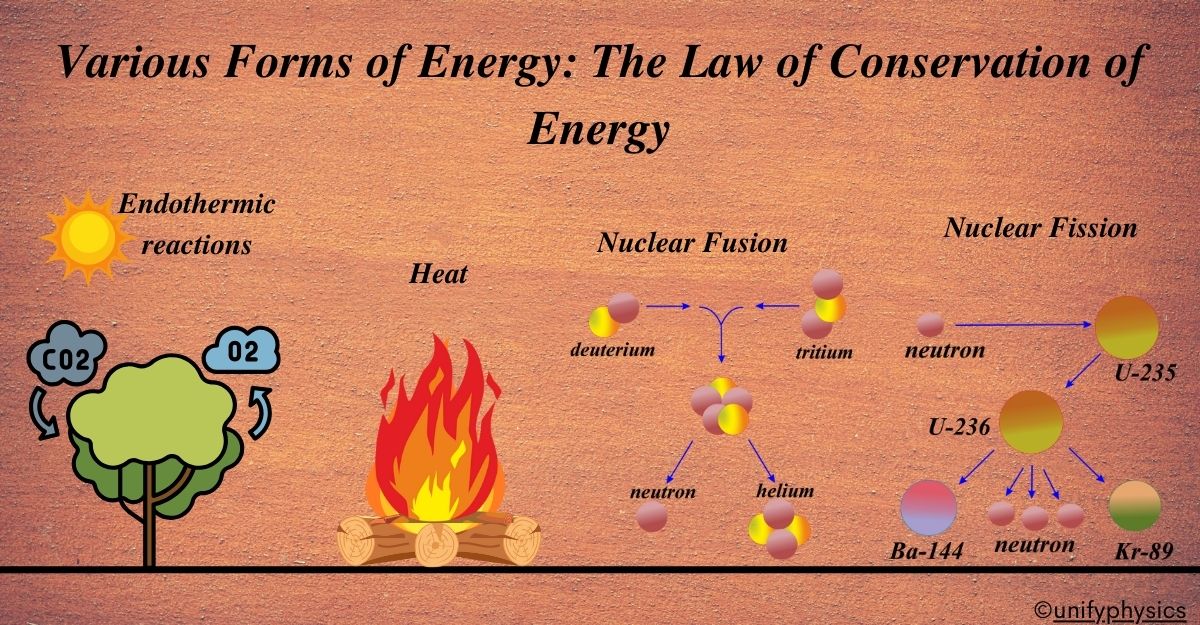Elastic Behavior Of Solids
The concept of elasticity has been around for centuries, but it was during the scientific revolution of the 17th and 18th centuries that significant progress was made. People have always been aware of elastic materials. For instance, the use of bows in archery demonstrated an understanding of how some materials can return to their original … Read more
